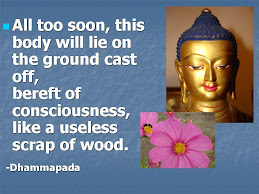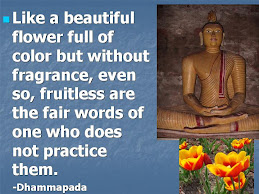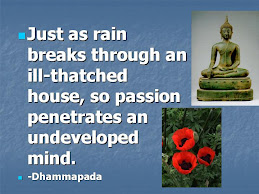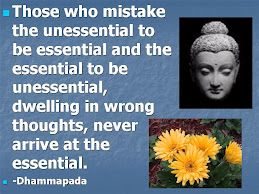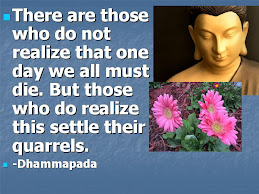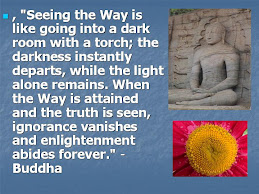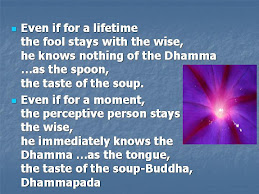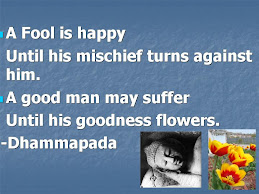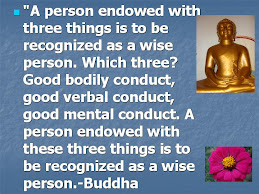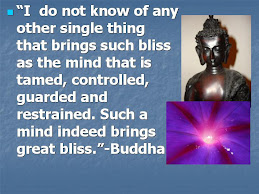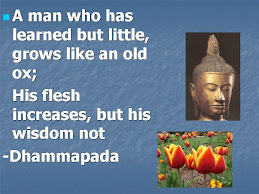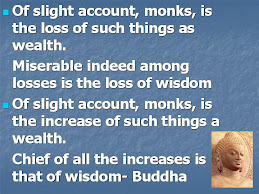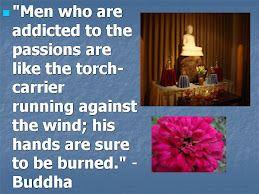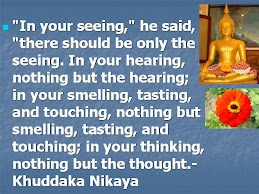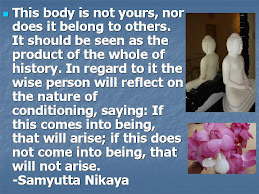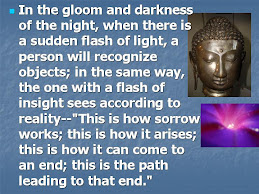
"Just as a sal tree, a birch, or an aspen, when smothered & surrounded by three parasitic vines, falls into misfortune, falls into disaster, falls into misfortune & disaster, in the same way, a person like this — his mind overcome with evil, unskillful qualities
1. born of greed
2. born of aversion (hatred)
3. born of delusion
...his mind consumed — dwells in suffering right in the here-&-now — feeling threatened, turbulent, feverish — and at the break-up of the body, after death, can expect a bad destination.
"These are the three roots of what is unskillful....
....A man would come along, carrying a spade & a basket. He would cut the vines at the root and, having cut them at the root, would dig around them. Having dug around them, he would pull them out, even down to the rootlets. He would cut the stalks of the vines. Having cut them, he would slice them into splinters. Having sliced them into splinters, he would pound them into bits. Having pounded them into bits, he would dry them in the wind & sun. Having dried them in the wind & sun, he would burn them in a fire. Having burned them in a fire, he would reduce them to powdered ash. Having reduced them to powdered ash, he would winnow them before a high wind or let them be washed away in a swift-flowing stream. In that way the parasitic vines would have their root destroyed, made like a palmyra stump, deprived of the conditions of development, not destined for future arising.
"In the same way, in a person like this, evil, unskillful qualities born of greed... born of aversion (hatred)... born of delusion have been abandoned, their root destroyed, made like a palmyra stump, deprived of the conditions of development, not destined for future arising. He dwells in ease right in the here-&-now — feeling unthreatened, placid, unfeverish — and is unbound right in the here-&-now.
"These are the three roots of what is skillful."
http://www.accesstoinsight.org/tipitaka/an/an03/an03.069.than.html






















